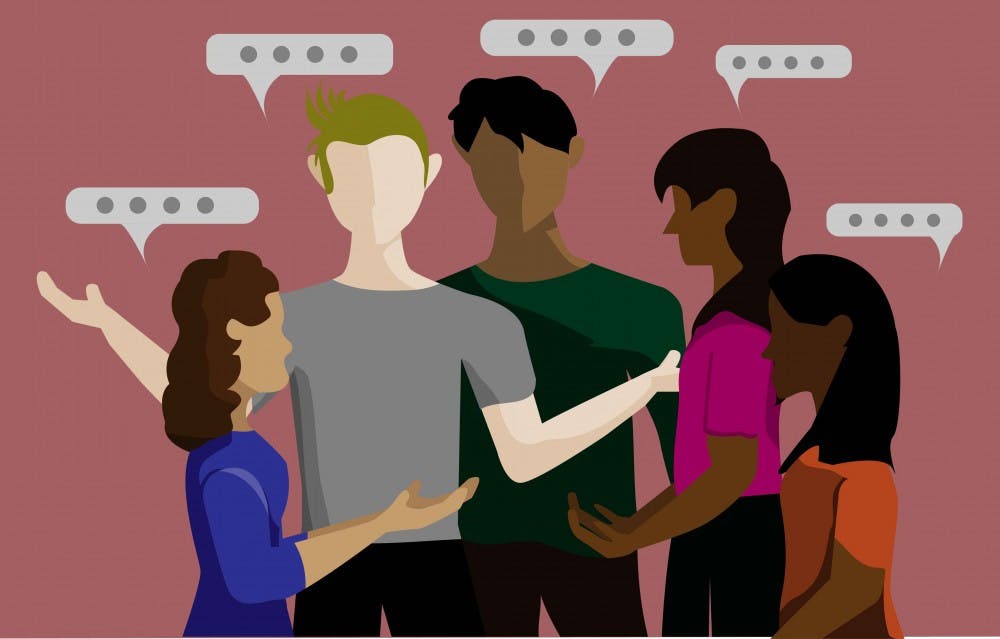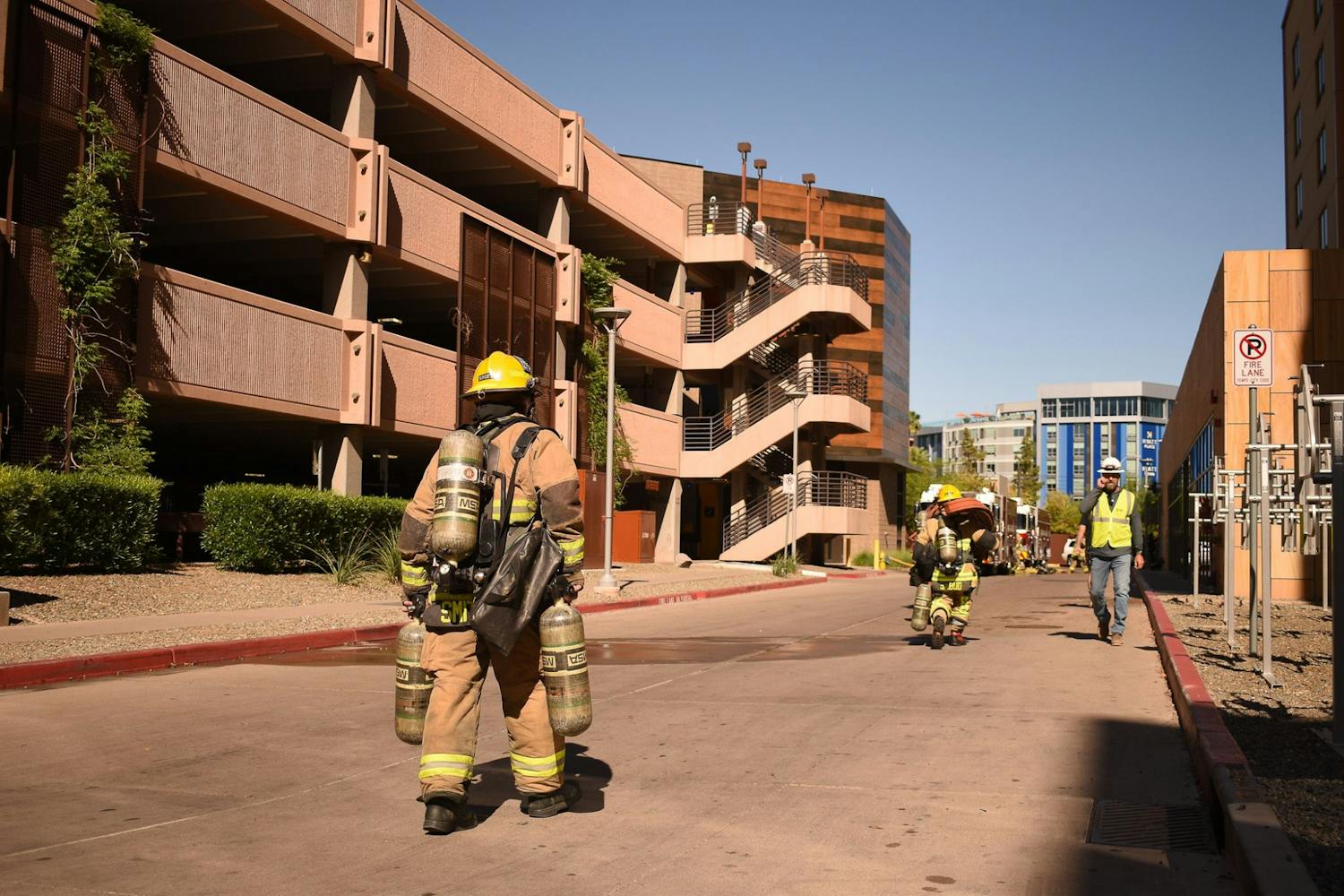Most millennials might be comfortable talking about sex, money or jobs, but when it comes to topics of race, 80 percent of them would rather not approach the subject, according to a study conducted by MTV and David Binder Research in 2014.
But a conversation about race is one that needs to be had, and ASU should take the initiative to facilitate these conversations.
“It’s hard to communicate and relate to someone on a personal level when you've already identified somebody in a position above them,” said Ni’Sea Thurman-Wamubu, an ASU freshman majoring in art and the president of Zaria, which is a club at ASU that provides black women on campus a safe place to find support.
With the 2020 presidential race becoming more diverse, it’s becoming increasingly important to understand why diverse candidates are becoming more popular. The topic of race that surrounds these candidates is more relevant than ever.
According to a 2017 study through the Pew Research Center, 6 in 10 Americans think race relations have gotten worse under President Donald Trump’s administration.
As of now, ASU only offers a few resources that are available for students to talk about race. Many of them are conversations that happen with members of the same race, which doesn’t lead to agreement across the board, but many of the ideas and emotions overlap.
It is no secret that discussions about race can be tricky. The conversations can be polarizing in nature, and all parties involved can leave the conversation more frustrated than before it began.
While some majors do have cultural awareness requirements, they can be satisfied with one credit, and some students may finish the class and come away from it not having learned something new.
“It’s unfortunate there’s not a requirement for cultural awareness,” Thurman-Wamubu said. “Within every career field that we go into, we're going to have to deal with people from different cultural backgrounds, effective communication (is key.)"
But one way that ASU students have filled this gap, is through clubs.
Zaria, for example, offers events that are open to all students, regardless of race or gender.
Thurman-Wamubu said that some meetings almost feel like therapy sessions for their members, because they feel as though they have no other place to speak about their grievances with the University.
Professors often lack the training to handle these kinds of discussions when they arise, Thurman-Wambu said.
“When people bring up points that are maybe radical, extremely ignorant or they don't have a lot of context, but somebody feels passionate about something, there's no buffer for somebody to really facilitate the conversation,” she said.
The goal is not for people to agree on every point that is being made – that is an impossible feat. The point is for ASU students to have a better understanding of their counterparts. Quite frankly, the University should provide these opportunities.
Reach the reporter at Barbara.Smith.3@asu.edu or follow @barbarasmiith on Twitter.
Editor’s note: The opinions presented in this column are the authors’ and do not imply any endorsement from The State Press or its editors.
Want to join the conversation? Send an email to opiniondesk.statepress@gmail.com. Keep letters under 500 words and be sure to include your university affiliation. Anonymity will not be granted.
Like The State Press on Facebook and follow @statepress on Twitter.




